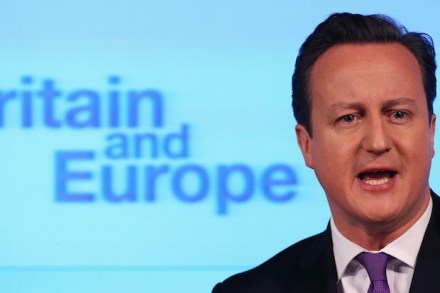An NHS tax is just another name for a tax rise
Finding a way to raise taxes that is popular is, for some on the centre-left, the Holy Grail. As the well connected Andrew Grice reports in The Independent today, a growing number of people on the Labour side are attracted to the idea of an NHS tax. Their logic is that the public value the NHS so wouldn’t mind paying more for it. They point out that when Gordon Brown raised National Insurance to fund extra spending on the health service there was none of the backlash you would normally expect to a tax rise. But the reality is that the introduction of a new NHS tax won’t be matched





















